Solar panels are a revolutionary technology that converts sunlight into electricity, providing a clean, renewable energy source that reduces reliance on fossil fuels. These panels, made up of photovoltaic (PV) cells, capture solar energy and transform it into usable electrical power. Solar panels are widely used across residential, commercial, and industrial sectors due to their efficiency, cost savings, and environmental benefits.
Key Features:
- Renewable Energy Source: Solar panels harness the sun’s energy, which is abundant and inexhaustible. Unlike fossil fuels, solar energy is clean and sustainable, making it a key player in reducing carbon emissions and combating climate change.
- Cost Savings: Installing solar panels can significantly reduce electricity bills. By generating your own power, you decrease reliance on the grid, which can lead to substantial long-term savings. Additionally, many governments offer incentives, tax credits, and rebates to encourage the adoption of solar energy.
- Low Maintenance: Solar panels require minimal maintenance once installed. With no moving parts, they are durable and can last for decades with little to no upkeep. Regular cleaning and periodic inspections are usually sufficient to keep them operating efficiently.
- Energy Independence: Solar panels provide the ability to generate your own electricity, reducing dependence on external energy sources. For remote or off-grid locations, solar panels can be a reliable source of power, offering energy independence.
- Environmentally Friendly: Solar energy generation produces no greenhouse gases, pollutants, or noise, making it one of the cleanest energy sources available. By switching to solar power, you can significantly reduce your carbon footprint and contribute to a healthier planet.
- Scalable Solutions: Solar panels are versatile and can be scaled to meet a wide range of energy needs. Whether you’re looking to power a small home or a large industrial facility, solar systems can be customised to match your energy requirements.
Applications:
Solar panels are used in a variety of applications, including:
- Residential Homes: Homeowners install solar panels to reduce their energy bills and carbon footprint. Solar systems can power everything from lights and appliances to heating and cooling systems, making them a comprehensive energy solution for modern homes.
- Commercial Buildings: Businesses use solar panels to lower operational costs and demonstrate a commitment to sustainability. Solar energy can power office buildings, retail stores, and warehouses, reducing reliance on traditional energy sources.
- Industrial Facilities: Large-scale solar installations can meet the energy demands of industrial operations, from manufacturing plants to distribution centres. Solar panels provide a reliable source of energy that can power heavy machinery and equipment.
- Agriculture: Solar panels are increasingly used in farming operations to power irrigation systems, greenhouses, and other agricultural equipment. Solar energy helps farmers reduce costs and ensure a consistent energy supply, even in remote locations.
- Off-Grid Systems: In remote or off-grid locations, solar panels provide a dependable source of electricity. Paired with battery storage, solar systems can supply power 24/7, ensuring energy availability in areas without access to the grid.
Comparison with Other Energy Sources:
- Versus Fossil Fuels: Unlike fossil fuels, solar energy is renewable and produces no harmful emissions. Solar panels offer a cleaner and more sustainable alternative to coal, oil, and natural gas, helping to mitigate the impacts of climate change.
- Versus Wind Power: While both solar and wind power are renewable, solar panels are often easier to install and maintain, particularly in urban or residential settings. Solar panels can be installed on rooftops and other small spaces, making them more versatile than wind turbines.
- Versus Hydropower: Hydropower requires access to water sources, while solar panels can be installed almost anywhere with sunlight. Solar energy is more accessible for a wider range of applications and locations.
Environmental Considerations:
Solar panels are a key component of the transition to clean energy. By generating electricity from sunlight, they help reduce the global reliance on fossil fuels and decrease greenhouse gas emissions. The production and disposal of solar panels do have environmental impacts, particularly in terms of energy use and waste. However, advances in recycling technologies and the increasing use of eco-friendly materials are helping to mitigate these effects. The overall environmental benefits of solar energy far outweigh the costs, making it a vital part of sustainable development.

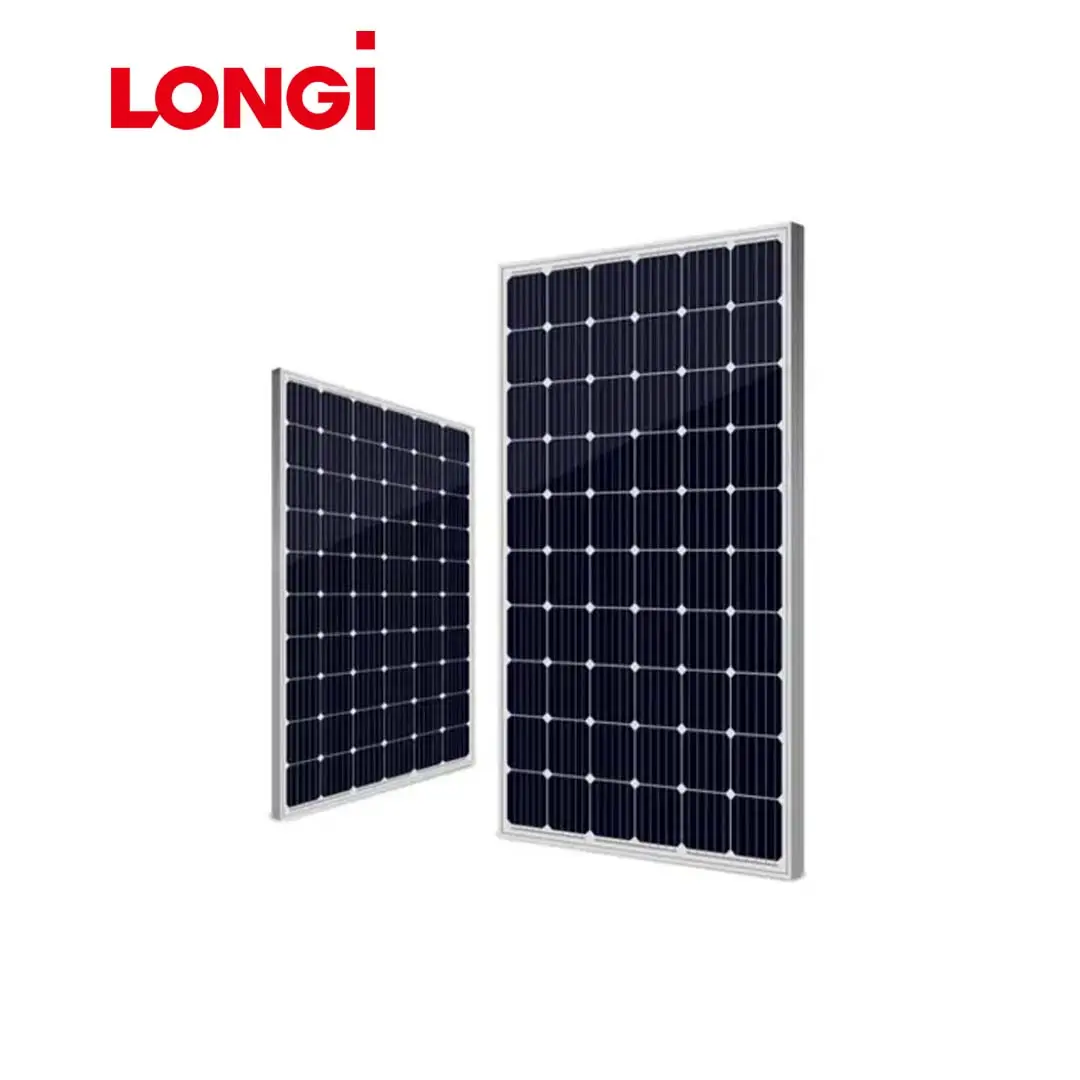

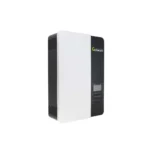

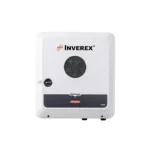
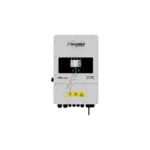
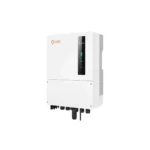

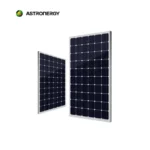
































Ahsan Mehmood –
Best it’s
Rukhsar Ali –
There is no details of the model, type, technical specs. This may lead to deceptive marketing